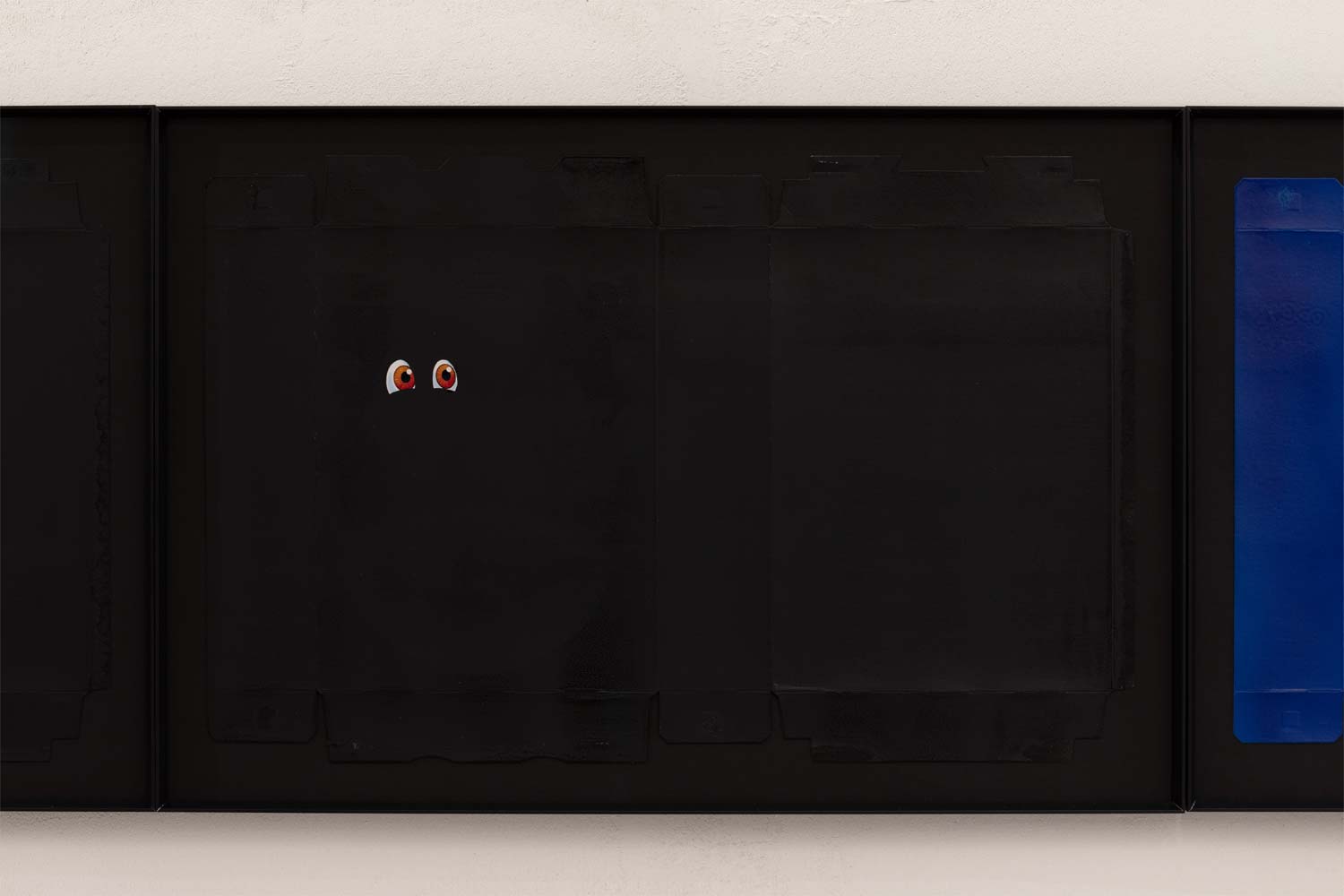Nico Vascellari wins the XXIV edition of the Pascali Prize
Nico Vascellari (Vittorio Veneto, 1976) is the winner of the XXIV edition of the Pino Pascali Prize. The winner’s name was announced today by the president of the Fondazione Pino Pascali, Stefano Zorzi. Today at 6 p.m. the artist’s solo exhibition will also start, which as usual the winner is holding at the foundation’s headquarters in Polignano a Mare: it will continue until April 9, 2023.
The Pascali Prize Commission, chaired by Rosalba Branà, former director of the foundation, and curators Roberto Lacarbonara and Pier Paolo Pancotto, justified the choice as follows: “Nature, analyzed and reworked in its visual and semantic connotations, constitutes one of the privileged subjects of Nico Vascellari’s investigation. The artist has always dealt with this theme, articulating his research in different solutions - both from a methodological and iconographic point of view - and focusing on the sometimes destructive and impetuous action of natural events. The ancestral phenomena of the human-environment and human-animal relationship become in Vascellari thematic cores to redefine the anthropological rituals of popular folklore and underground cultural movements through shamanic approaches.”
This edition features a new installation intervention entitled Three, Four Hens (hence the title of the exhibition), entirely produced and acquired by the Fondazione Pino Pascali. The project is a winner of the “PAC2021 - Plan for Contemporary Art” promoted by the General Directorate for Contemporary Creativity of the Ministry of Culture. The event takes place in parallel at Exchiesetta, an iconic space in the city center of Polignano a Mare that hosted the first editions of the Pino Pascali Prize in the years 1969 to 1979, where a work from the exhibition will be on display and visible for the entire day.
Nico Vascellari lives and works in Rome. Since the beginning his research has been oriented toward the language of performance and the production of installation interventions, sculptures, drawings, collages and videos as well as from the exploration of sound. Nature, folklore and the underground scene project the artist toward a research governed by actions that allude to tribal ritual, the archaic world and the border between individual expression and collective consciousness. Solo exhibitions (selection): Museion, Bolzano (2010); National Gallery of Arts, Tirana (2015); Estorick Collection of Modern Italian Art, London (2016); Accademia di Francia - Villa Medici, Rome (2016); Whitworth Art Gallery, Manchester (2016); Palais de Tokyo, Paris (2017); MAXXI | Museo nazionale delle arti del XXI secolo, Rome (2018), La Fondazione, Rome (2021).
Group exhibitions (selection): Venice Biennale (2007); Quadriennale di Roma (2008); Manifesta, Rovereto (2008); Architecture Biennale, Venice (2010); Lyon Biennale (2019); Belgrade Biennale (2021), Mercosul Biennale (2022).
Nico Vascellari succeeds Ibrahim Mahama, who had won the prize in 2021, and Zhang Huan (2020), Fabio Sargentini (2019), Hans op de Beeck (2017), Christiane Löhr (2016), AES+F (2015), Fabrizio Plessi (2014), Matt Collishaw (2013), Nathalie Djurberg & Hans Berg (2012), Bertozzi & Casoni (2011), Jake & Dinos Chapman (2010), Jan Fabre (2008), Adrian Paci (2007), Lidia Abdul (2006), Studio Azzurro (2005), Marco Giusti (2003), Giovanni Albanese (2002), and Achille Bonito Oliva (1997).
Image: Nico Vascellari, Unknown Eyes, detail (2021; twenty-one pieces, spray on cardboard, aluminum frame, dimensions variable). Courtesy of Studio Vascellari and FNDR, Rome © Daniele Molajoli Photo
 |
| Nico Vascellari wins the XXIV edition of the Pascali Prize |
Warning: the translation into English of the original Italian article was created using automatic tools. We undertake to review all articles, but we do not guarantee the total absence of inaccuracies in the translation due to the program. You can find the original by clicking on the ITA button. If you find any mistake,please contact us.



























